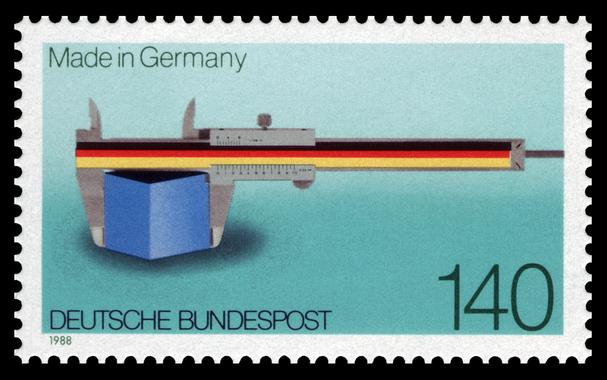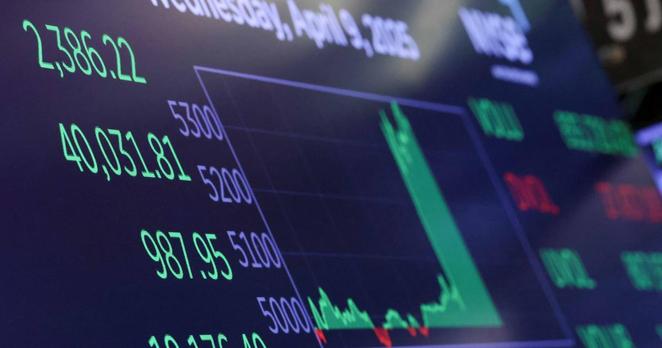"Now, just because some tariffs are beneficial, it doesn't follow that all tariffs are beneficial. When the "Asian Tiger" countries were undergoing rapid industrialization and lifting billions of people out of poverty, they did so with tariffs – but also with extensive industrial policy and direct investment in critical state industries (Biden was the first president in generations to pursue industrial policy, albeit a modest and small one, which Trump nevertheless dismantled).
Trump is doing mirror-world tariffs: tariffs without industrial policy, tariffs without social safety nets, tariffs without retraining, tariffs without any strategic underpinning. These tariffs will crash the US economy and will create calamitous effects around the world:
(...)
But the fact that Trump's tariffs are terrible doesn't mean tariffs themselves are always and forever bad. Resist the schizmogenic urge to say, "Trump likes tariffs, so I hate them." Not all tariffs are created equal, and tariffs can be a useful tool that benefits working people.
And also: the fact that tariffs can be useful doesn't imply that only tariffs are useful. The digital age – in which US-based multinational firms rely on digital technology to loot the economies of America's trading partners – offers countries facing US tariffs a powerful retaliatory tactic that has never before been seen on this planet. America's (former) trading partners can retaliate against US tariffs by abolishing the legal measures they have instituted to protect the products of US companies from reverse-engineering and modification. Countries facing US tariffs can welcome US imports – of printers, Teslas, iPhones, games consoles, insulin pumps, ventilators and tractors – but then legalize jailbreaking these devices:"
https://pluralistic.net/2025/04/02/me-or-your-lying-eyes/#spherical-cows-on-frictionless-surfaces





